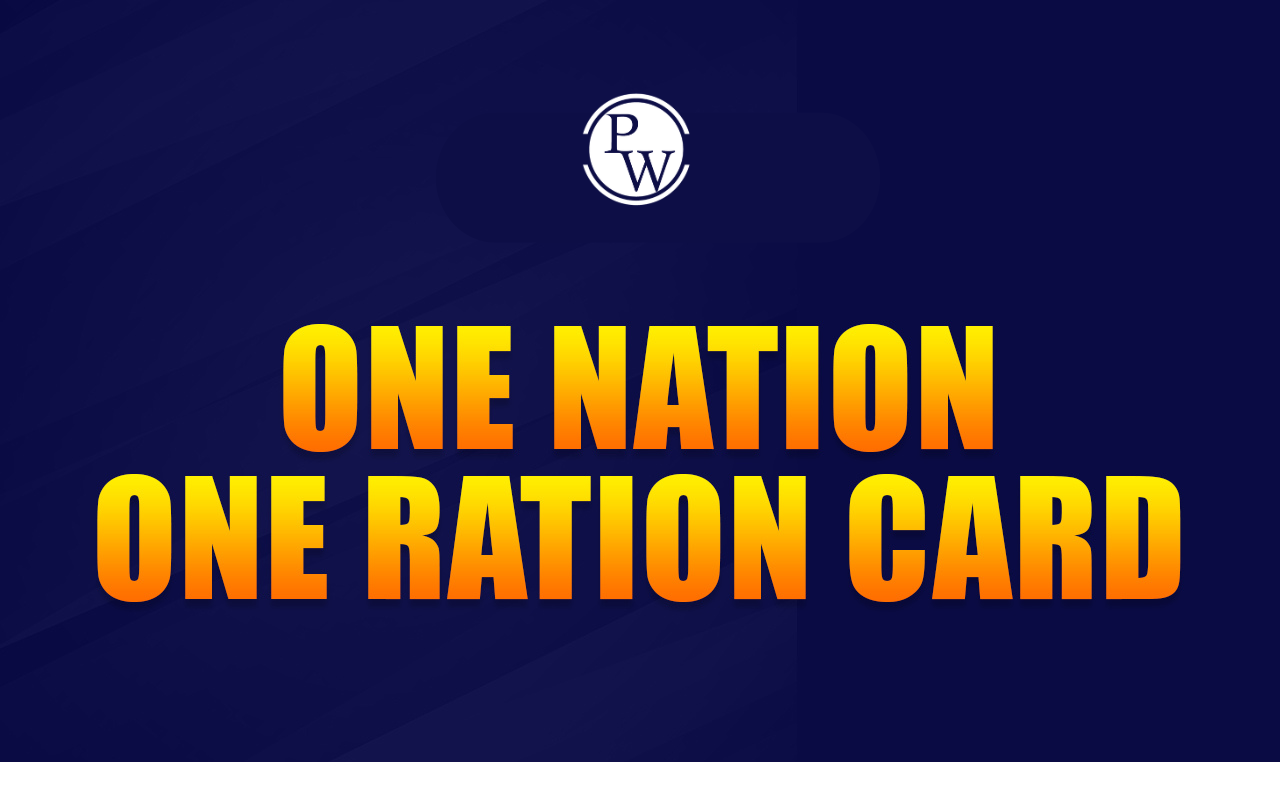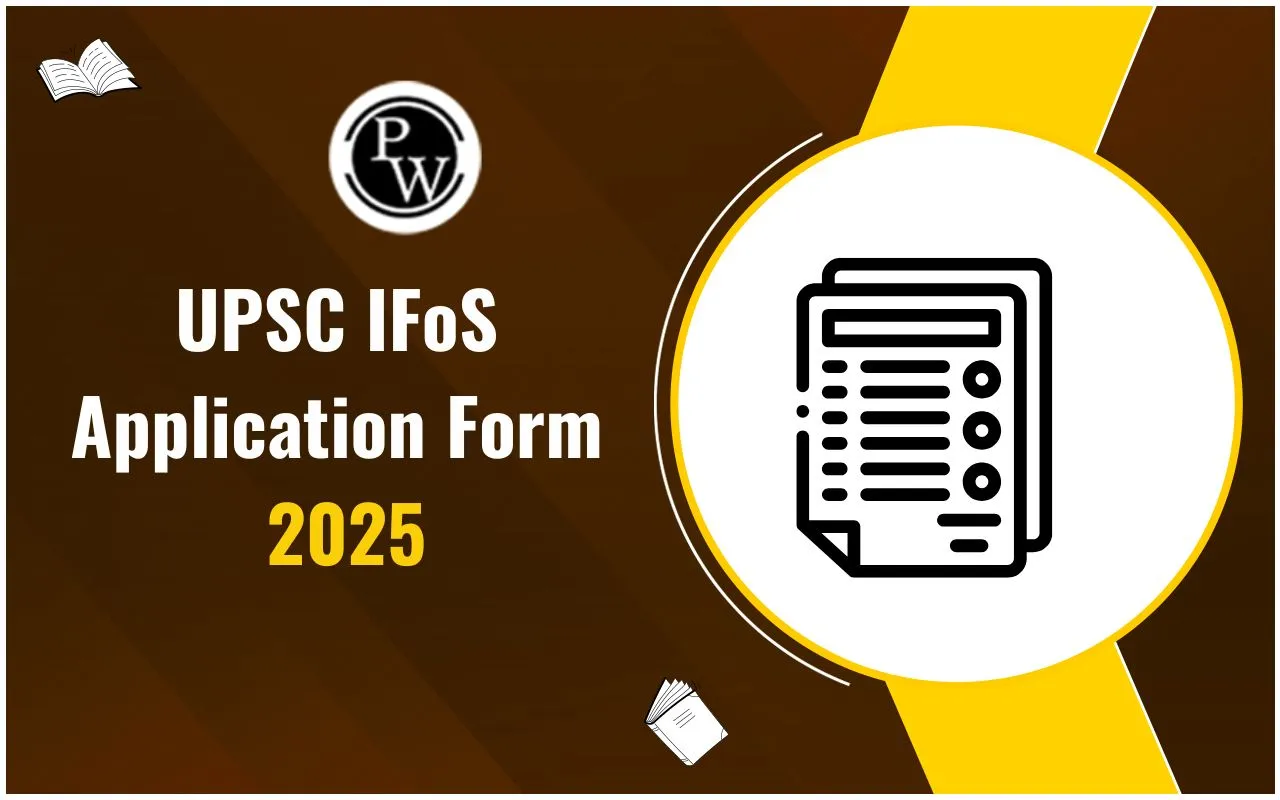
International Court of Justice (ICJ), also referred to as the World Court, is one of the six principal organs of the United Nations (UN). It plays a key role in resolving legal disputes between states and advising international organizations on legal questions. Known as the principal judicial organ of the UN , the ICJ promotes peace and justice globally through impartial adjudication of international disputes.
Established in 1945 through the San Francisco Conference , the ICJ highlights the legacy of international arbitration that dates back to the Hague Conventions of the late 19th and early 20th centuries.What is the International Court of Justice?
International Court of Justice adjudicates disputes between states and provides advisory opinions on legal matters referred to it by UN organs or specialized agencies. It is also commonly referred to as the "World Court”. The International Court of Justice promotes global peace and security by addressing issues through legal frameworks rather than conflict. Its predecessor, the Permanent Court of International Justice (PCIJ), was formed by the League of Nations in 1921. The ICJ replaced the PCIJ in 1946 and inherited its jurisdiction and functions.International Court of Justice Headquarters
The International Court of Justice is based at the Peace Palace in The Hague, Netherlands. This iconic location of ICJ exemplifies its mission of promoting peace and justice across nations. The court is the only principal UN organ located outside New York, making The Hague synonymous with international law and diplomacy.United Nations (UN) is composed of six principal organs, each playing a distinct role in maintaining international peace, security, and cooperation. Apart from the International Court of Justice, the other five organs are highlighted below with their primary responsibilities:
| Organ | Key Responsibilities | Membership |
| General Assembly | Main deliberative body, discusses and makes decisions on global issues. | Composed of all 193 UN member states, each with one vote. |
| Security Council | Maintains international peace and security, authorizes peacekeeping missions, imposes sanctions, and approves war. | 15 members: 5 permanent (China, France, Russia, UK, USA) and 10 non-permanent (elected for 2 years). |
| Economic and Social Council (ECOSOC) | Coordinates economic, social, and environmental activities of the UN and its specialized agencies. | 54 members were elected by the General Assembly for three-year terms. |
| Trusteeship Council | Oversees the administration of trust territories and supports their progress toward self-governance and independence. | Currently inactive as all trust territories have attained independence or self-governance. |
| Secretariat | Provides administrative and logistical support to the UN’s operations globally. | Headed by the Secretary-General, with thousands of international staff. |
Establishment of the International Court of Justice
The International Court of Justice was established in 1945 , after the end of World War II, and began its functioning in 1946 . It succeeded the Permanent Court of International Justice, which was dissolved during the formation of the United Nations. The ICJ’s establishment denotes a significant step toward creating a structured mechanism for resolving international disputes through legal means.Composition of the International Court of Justice
The composition of the International Court of Justice ensures diversity and impartiality. It comprises 15 judges who were elected for nine-year terms by the United Nations General Assembly and Security Council. Elections are held every three years, where one-third of the judges are replaced or re-elected. The selection process ensures geographical representation, with no two judges commanding from the same country. Key aspects of the ICJ's composition include:- Judges must have high qualifications in international law.
- They act as independent members, not representatives of their countries.
- The President and Vice-President of the ICJ are elected by their peers.
Current Members of the International Court of Justice (ICJ)
The International Court of Justice currently comprises 15 judges elected to serve nine-year terms, this highlights diverse legal systems and global representation. Below is the list of the ICJ's current members, their countries, and key details:| Current Members of the International Court of Justice (ICJ) | |||
| Name | Country | Tenure | Notable Roles |
| Nawaf Salam | Lebanon | Member since 6 Feb 2018; President since 6 Feb 2024 | President of the Court |
| Julia Sebutinde | Uganda | Member since 6 Feb 2012; Vice-President since 6 Feb 2024 | Vice-President of the Court |
| Peter Tomka | Slovakia | Member since 6 Feb 2003; re-elected in 2012, 2021 | Former President and Vice-President |
| Ronny Abraham | France | Member since 15 Feb 2005; re-elected in 2009, 2018 | Former President |
| Abdulqawi Ahmed Yusuf | Somalia | Member since 6 Feb 2009; re-elected in 2018 | Former President and Vice-President |
| Xue Hanqin | China | Member since 29 June 2010; re-elected in 2012, 2021 | Former Vice-President |
| Dalveer Bhandari | India | Member since 27 April 2012; re-elected in 2018 | - |
| Iwasawa Yuji | Japan | Member since 22 June 2018; re-elected in 2021 | - |
| Georg Nolte | Germany | Member since 6 Feb 2021 | - |
| Hilary Charlesworth | Australia | Member since 5 Nov 2021; re-elected in 2024 | - |
| Leonardo Nemer Caldeira Brant | Brazil | Member since 4 Nov 2022 | - |
| Juan Manuel Gómez Robledo | Mexico | Member since 6 Feb 2024 | - |
| Sarah H. Cleveland | United States | Member since 6 Feb 2024 | - |
| Bogdan-Lucian Aurescu | Romania | Member since 6 Feb 2024 | - |
| Dire Tladi | South Africa | Member since 6 Feb 2024 | - |
Structure and Mandate of the International Court of Justice (ICJ)
The International Court of Justice (ICJ) serves as the principal judicial organ of the United Nations and operates under a structured framework designed to uphold impartiality and ensure the consistent application of international law.Structure of the ICJ
- Established : The ICJ was created in June 1945 by the UN Charter and started operations in April 1946 .
- Seat : The ICJ is headquartered in the Peace Palace, The Hague, Netherlands , the only principal UN organ not based in New York.
-
Composition
:
-
The ICJ comprises
15 judges
, distributed across different regions:
- Africa (3), Asia (3), Latin America & the Caribbean (2), Western Europe and other states (5), and Eastern Europe (2).
- The ICJ is supported by the Registry , its administrative organ, with English and French as its official languages.
- Judges must remain neutral and make a solemn declaration to exercise their powers conscientiously.
-
The ICJ comprises
15 judges
, distributed across different regions:
Mandate of the ICJ
The ICJ's mandate includes:-
- Settling Legal Disputes : Resolves disputes between states on issues such as territorial boundaries, marine claims, and state responsibility for international crimes.
- Advisory Opinions : Provides non-binding legal opinions to authorized UN bodies and specialized agencies, while influencing global legal norms and diplomatic efforts.
- Example: South Africa's recent case against Israel for genocide in Gaza underscores the ICJ's advisory role.
- All members of the UN are automatically parties to the ICJ statute , but this does not automatically give the ICJ jurisdiction over disputes involving them. The ICJ gets jurisdiction only if both parties consent to it.
- The judgment of the ICJ is final and technically binding on the parties to a case. There is no provision of appeal; it can at the most, be subject to interpretation or, upon the discovery of a new fact, revision.
- However, the ICJ has no way to ensure compliance with its orders , and its authority is derived from the willingness of countries to abide by them.
Power and Functions of the International Court of Justice
The power and functions of the International Court of Justice are essential to maintaining global order. These include:- Dispute Resolution Settling disputes between states through impartial adjudication. The ICJ resolves issues which are related to sovereignty, trade, environmental concerns, and human rights.
- Advisory Opinions Offering expert legal opinions to the UN and its agencies. These advisory roles help to clarify legal principles and guide international policymaking.
- Interpreting Treaties The ICJ plays a key role in interpreting international treaties and agreements to ensure their uniform application.
- Promoting the Rule of Law By adhering to legal principles, the ICJ strengthens the rule of law in international relations.
International Court of Justice vs International Criminal Court
The International Court of Justice (ICJ) and the International Criminal Court (ICC) are often mistaken due to their similar vocabulary, but both have distinct purposes:| Feature | International Court of Justice (ICJ) | International Criminal Court (ICC) |
| Established in | 1945 | 2002 |
| Headquarters | The Hague, Netherlands | The Hague, Netherlands |
| Focus Area | Disputes between states | Prosecution of individuals for war crimes, crimes against humanity, and genocide |
| Jurisdiction | Only states | Individuals |
| Part of the UN? | Yes | No |
Landmark Cases of the International Court of Justice
Here are some notable cases of the International Court of Justice (ICJ) based on significant rulings that have shaped international law:| Case Name | Year | Countries Involved | Key Issue | ICJ's Ruling/Significance |
| Corfu Channel Case | 1949 | United Kingdom, Albania | Sovereignty and responsibility for minefields in international waters | Held Albania responsible for damages caused by mines; established principles of state responsibility |
| South West Africa Cases | 1966 | Ethiopia, Liberia vs. South Africa | Legality of South Africa's administration of Namibia | Ruled in favour of South Africa, causing criticism; highlighted issues with apartheid and self-determination |
| Barcelona Traction Case | 1970 | Belgium, Spain | Corporate nationality and diplomatic protection | Defined rights of states in representing corporations and clarified principles of jurisdiction and international law |
| Nicaragua v. United States | 1986 | Nicaragua, United States | U.S. support for Contra rebels and mining of Nicaraguan harbours | Found the U.S. violated international law; emphasized non-intervention principles |
| Maritime Delimitation in the Black Sea | 2009 | Romania, Ukraine | Maritime boundary disputes | Resolved the dispute through equitable principles, reaffirming ICJ's role in the peaceful resolution of boundary issues |
| Whaling in the Antarctic | 2014 | Australia, Japan | Legality of Japanese whaling practices | Found Japan's whaling program non-compliant with the International Convention for the Regulation of Whaling |
| Chagos Archipelago Advisory Opinion | 2019 | United Kingdom, Mauritius | Decolonization and Sovereignty over the Chagos Islands | Advised that the UK’s decolonization process was incomplete; supported Mauritius' sovereignty claim |
| Gambia v. Myanmar | 2020 | Gambia, Myanmar | Allegations of genocide against Rohingya Muslims | Issued provisional measures for Myanmar to protect Rohingya; reaffirmed ICJ's role in human rights enforcement |
India and the International Court of Justice (ICJ)
India has a significant history and involvement with the International Court of Justice (ICJ), both in terms of representation and as a party to disputes. Since the ICJ's inception, four prominent Indians have served as members of the court:-
Justice Dalveer Bhandari
:
- Serving at the ICJ since 2012, he is a former judge of the Supreme Court of India.
- Justice Bhandari has contributed to several critical decisions during his tenure.
-
Justice R S Pathak
:
- Former Chief Justice of India, he served on the ICJ from 1989 to 1991.
-
Nagendra Singh
:
- A former Chief Election Commissioner of India, he was a member from 1973 to 1988.
- He served as the President of the ICJ (1985–1988) and Vice-President (1976–1979).
-
Sir Benegal Rau
:
- An advisor to India's Constituent Assembly, he was an ICJ member from 1952 to 1953.
- His contributions were instrumental during the formative years of the ICJ.
India’s Cases at the ICJ
India has been a party to six cases at the ICJ, with four of them involving Pakistan:-
Right of Passage over Indian Territory (Portugal v. India)
:
- This case, resolved in 1960, concerned Portugal's claim to access enclaves in Goa, which India had annexed.
-
Appeal Relating to the Jurisdiction of the ICAO Council (India v. Pakistan)
:
- Decided in 1972, this case involved India's challenge to Pakistan's claim regarding civil aviation disputes.
-
Trial of Pakistani Prisoners of War (Pakistan v. India)
:
- Resolved in 1973, the case addressed the treatment and trial of prisoners of war from the 1971 India-Pakistan war.
-
Aerial Incident of 10 August 1999 (Pakistan v. India)
:
- This case concerned Pakistan's claims about an Indian aircraft being shot down near the Line of Control. It concluded in 2000.
-
Obligations concerning Negotiations relating to Cessation of the Nuclear Arms Race and Nuclear Disarmament (Marshall Islands v. India)
:
- This case in 2016 involved India's stance on nuclear disarmament. The ICJ ultimately ruled it lacked jurisdiction.
-
Kulbhushan Jadhav Case (India v. Pakistan)
:
- One of the most notable recent cases involved India's demand for consular access to Kulbhushan Jadhav, an Indian national sentenced to death by Pakistan. The ICJ ruled in 2019 in favour of India, emphasizing the need for consular access under the Vienna Convention.
India's Role and Influence at the ICJ
- India's consistent participation and representation in ICJ proceedings highlights its commitment to international law.
- The contributions of Indian judges have enhanced India's reputation as a supporter of global legal frameworks.
- The Kulbhushan Jadhav case stands out as a significant instance where the ICJ's intervention highlighted India's diplomatic and legal efforts to safeguard its citizens' rights on the international stage.
Criticism and Challenges
Despite its essential role, the International Court of Justice faces several challenges:- Enforcement Issues
- The ICJ lacks a direct enforcement mechanism and relies on the UN Security Council, where geopolitical interests can hinder action.
- Example: The enforcement of rulings against Israel could face challenges due to U.S. veto power.
- Political Bias
- Judges may face allegations of political influence from their home countries.
- Example: Russian and Chinese judges opposed ICJ orders against Russia during the Ukraine conflict in 2022.
- Limited Jurisdiction
- Only states that accept the ICJ's jurisdiction can be held accountable, limiting its scope.
- Example: The U.S. refused to accept jurisdiction in the Nicaragua v. United States (1986) case.
- Procedural Delays
- Lengthy proceedings often delay justice.
- Example: The Rohingya genocide case filed by Gambia against Myanmar in 2019 remains unresolved.
- Fragmentation of International Law
- Overlapping jurisdictions with other courts, like the International Criminal Court (ICC), may create inconsistencies.
- Lack of Individual Accountability
- Unlike the ICC, the ICJ cannot prosecute individuals, which limits its ability to address violations of international law by non-state actors.
Reforming the ICJ a Way Forward
The International Court of Justice (ICJ) must address challenges to enhance its legitimacy and effectiveness in resolving global disputes.- Strengthen Enforcement Mechanisms : Reforming the UN Security Council to limit veto powers on ICJ decisions can enhance compliance.
- Streamline Procedures : Reducing procedural delays can ensure timely justice.
- Encourage Universal Jurisdiction : Diplomatic efforts can persuade more states to accept the ICJ’s jurisdiction.
- Promote Impartiality : Transparent judge selection processes and adherence to ethical standards can minimize political bias.
- Address Legal Fragmentation : Harmonizing the rulings of international courts can reduce inconsistencies.
Conclusion
The International Court of Justice continues to be a vital institution for maintaining global peace and justice. While recent cases, like the genocide allegations against Israel, highlight its relevance, the ICJ must overcome enforcement and procedural challenges to remain effective. Strengthening the ICJ through reforms can ensure it remains a beacon of international law and diplomacy, fostering accountability and peaceful conflict resolution worldwide.Ready to take the next step in your UPSC journey? Enroll in our comprehensive course today!
| UPSC Related Articles | ||
| UPSC Prelims Questions | NCERT for UPSC Exam 2025 | UPSC Mains Admit Card |
| UPSC Mains Exam Pattern | UPSC Scholarship Test | UPSC Result |
International Court of Justice FAQs
Q1. In which country is the International Court of Justice located?
Ans. The International Court of Justice is located in the Netherlands, in The Hague.
Q2. Who is ICJ of India?
Ans. India’s representative at the ICJ is Judge Dalveer Bhandari, serving since 2012.
Q3. Who is the present president of the International Court of Justice?
Ans. The current President of the International Court of Justice is Nawaf Salam from Lebanon.
Q4. How many judges are in the ICJ?
Ans. The ICJ comprises 15 judges elected for nine-year terms.
Q.5 What is the role of the International Court of Justice?
Ans. The ICJ settles legal disputes between states and gives advisory opinions on international law.
Q.6 How are ICJ judges elected?
Ans. ICJ judges are elected by the United Nations General Assembly and Security Council through simultaneous voting.
Talk to a counsellorHave doubts? Our support team will be happy to assist you!

Free Learning Resources
PW Books
Notes (Class 10-12)
PW Study Materials
Notes (Class 6-9)
Ncert Solutions
Govt Exams
Class 6th to 12th Online Courses
Govt Job Exams Courses
UPSC Coaching
Defence Exam Coaching
Gate Exam Coaching
Other Exams
Know about Physics Wallah
Physics Wallah is an Indian edtech platform that provides accessible & comprehensive learning experiences to students from Class 6th to postgraduate level. We also provide extensive NCERT solutions, sample paper, NEET, JEE Mains, BITSAT previous year papers & more such resources to students. Physics Wallah also caters to over 3.5 million registered students and over 78 lakh+ Youtube subscribers with 4.8 rating on its app.
We Stand Out because
We provide students with intensive courses with India’s qualified & experienced faculties & mentors. PW strives to make the learning experience comprehensive and accessible for students of all sections of society. We believe in empowering every single student who couldn't dream of a good career in engineering and medical field earlier.
Our Key Focus Areas
Physics Wallah's main focus is to make the learning experience as economical as possible for all students. With our affordable courses like Lakshya, Udaan and Arjuna and many others, we have been able to provide a platform for lakhs of aspirants. From providing Chemistry, Maths, Physics formula to giving e-books of eminent authors like RD Sharma, RS Aggarwal and Lakhmir Singh, PW focuses on every single student's need for preparation.
What Makes Us Different
Physics Wallah strives to develop a comprehensive pedagogical structure for students, where they get a state-of-the-art learning experience with study material and resources. Apart from catering students preparing for JEE Mains and NEET, PW also provides study material for each state board like Uttar Pradesh, Bihar, and others
Copyright © 2025 Physicswallah Limited All rights reserved.






